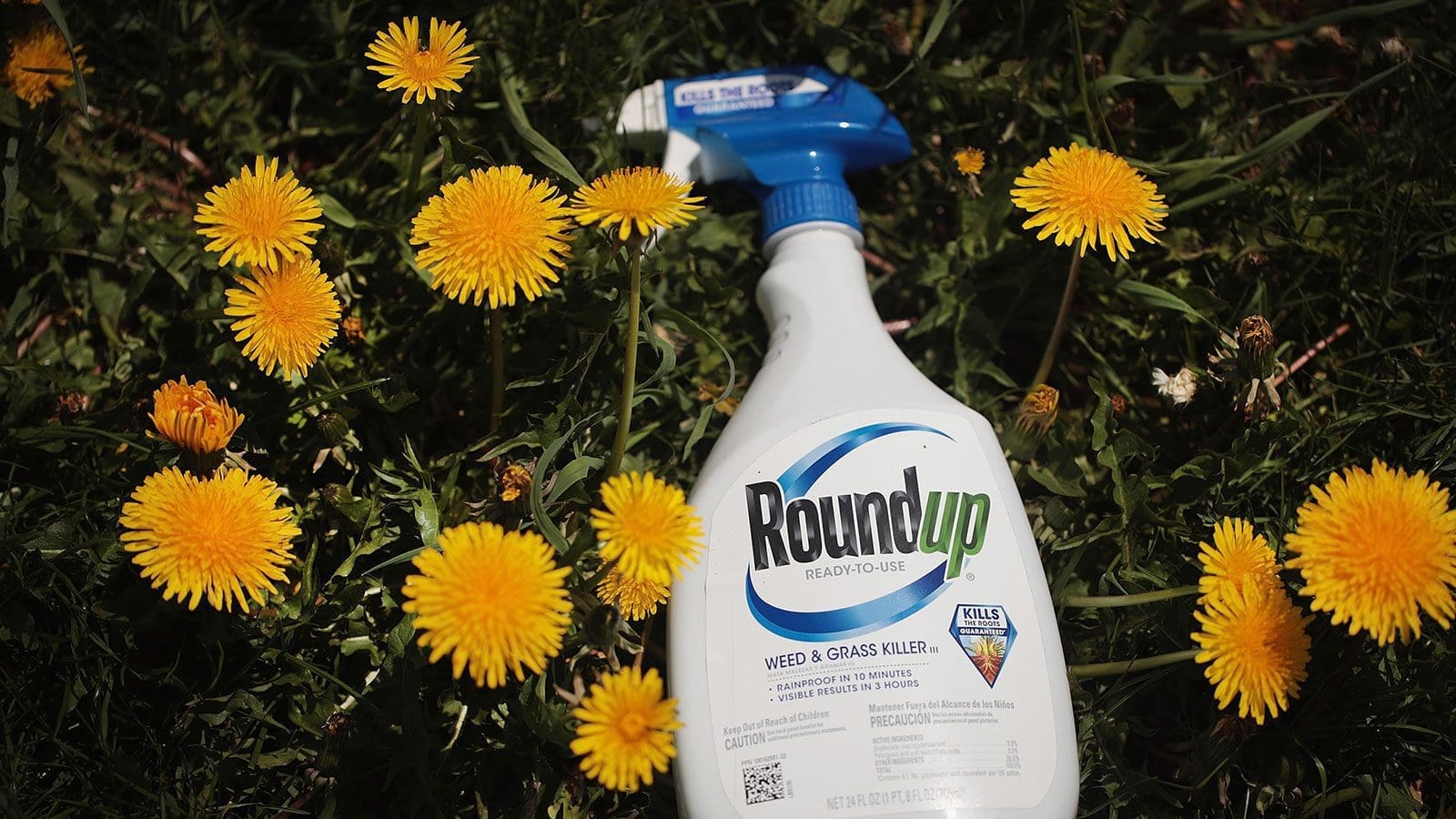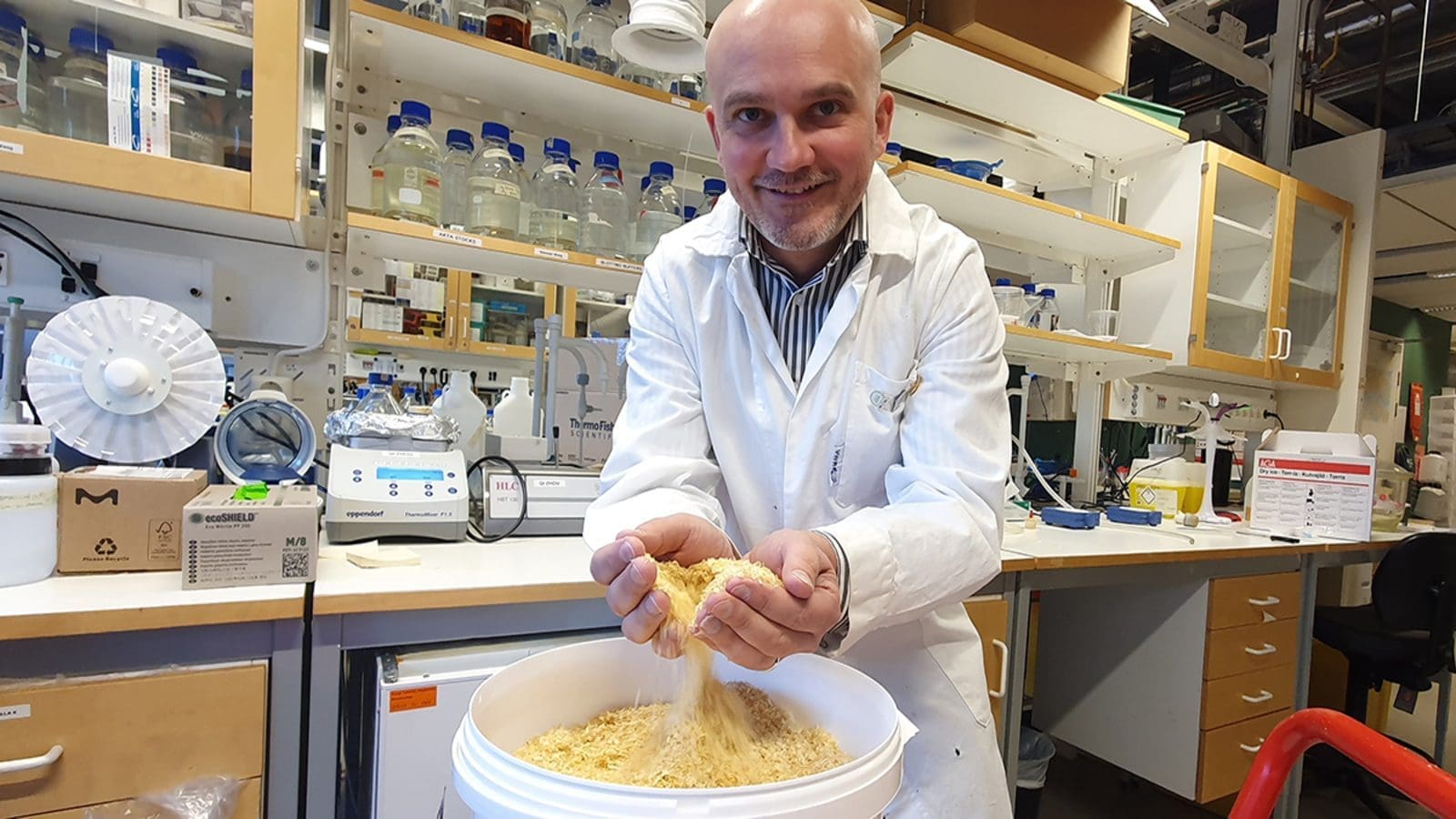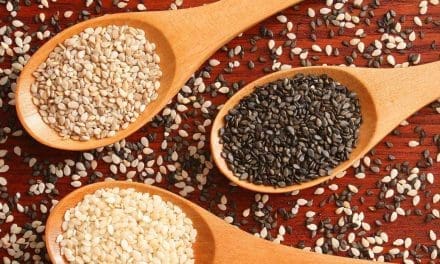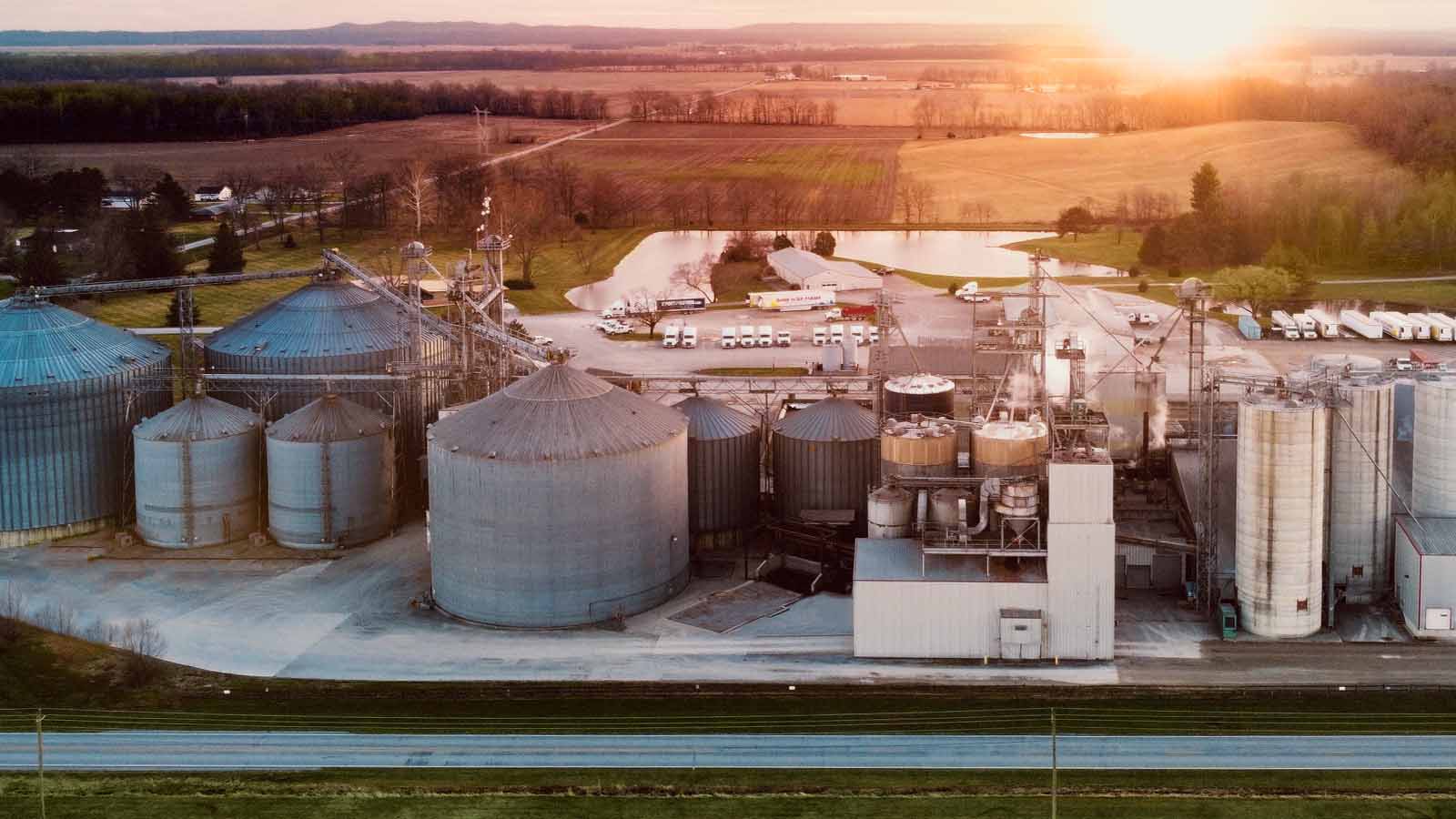EUROPE- The EU could ban glyphosate, the active ingredient of the controversial weed killer Roundup after the Pesticide Action Network (PAN) reports finding alternatives for all agricultural uses.
Roundup has been under a microscope since 2015 when the International Agency for Research on Cancer (IARC) declared glyphosate a possible human carcinogen.
Since then, Bayer-owned Roundup manufacturer Monsanto has battled thousands of lawsuits claiming that the product caused non-Hodgkin’s lymphoma.
Non-Hodgkin’s lymphoma is a type of cancer that begins in the lymphatic system, causing lymphocytes to grow abnormally and potentially form tumors throughout the body.
This is an alarming finding since glyphosate finds itself in more than 90% of foods, including honey, according to tests by the US government.
Moreover, some studies suggested that some of the health effects of using glyphosate can also pass down to other generations.
Additionally, glyphosate could potentially cause the death of insects, such as bees, affecting species diversity and damaging ecosystems by disrupting the natural food chains and plant pollination.
“Science is clear; glyphosate damages the ecosystems, including pollinators and beneficial insects, earthworms and soil biota, and causes direct harm to agriculture,” Gergely Simon, a chemical officer at PAN Europe explained recently.
Since the disturbing findings in 2015, many countries have banned the use of this ingredient, while others are in the process of phasing it out. Some countries that have banned the glyphosate-containing weed killer include Malawi, Thailand, Vietnam, Sri Lanka, United Arab Emirates, Belgium, and The Netherlands.
However, other countries, including Kenya, do not plan to ban this harmful ingredient in their agricultural practices.
In 2019, Kamau Kuria, then managing director of Coffee Management Services Mills, warned that “the country risks losing international markets for some of its cash crops due to continued use of such herbicides as 2,4-D and Roundup, believed to cause life-threatening diseases like cancer. ”
EU extended glyphosate use, citing insufficient evidence
The EU has been reluctant to issue a permanent ban on glyphosate; and, in 2016, the European Food Safety Authority (EFSA) concluded that available evidence did not justify the classification of glyphosate as carcinogenic and that the chemical did not pose any other health risk to human health.
These conclusions led the European Commission to publish an initial proposal to renew the market authorization of glyphosate for a further fifteen years.
Scientists and civil society groups alike criticized this decision for its lack of scientific objectivity, and for being predominantly based on industry-sponsored studies and conclusions at the expense of academic independent literature.
In 2017, when glyphosate represented 33% of the total herbicide market in the EU, over one million European citizens called on the EU Commission to fully ban glyphosate and to set clear targets for a pesticide-free future.
Despite the massive public outcry, representatives of European governments reauthorized glyphosate on the European market until December 2022.
Additionally, on 14 October 2022, at the meeting of the Standing Committee on Plants, Animals, Food and Feed, EU Member States voted on a draft Commission Implementing Regulation proposing to extend the existing approval by one year per Article 17 of Regulation (EC) No 1107/2009.
The committee did not achieve a qualified majority and reached no opinion, even after the Appeal Committee was involved by 15 November 2022.
Therefore, per the legal obligation provided in Article 17 of Regulation (EC) No 1107/2009, the Commission adopted an Implementing Regulation on 2 December 2022, extending the approval of glyphosate until 15 December 2023.
Later this year, the EU will decide whether to re-approve glyphosate, although PAN Europe’s new report shows that non-chemical alternatives exist for all known primary uses of glyphosate-based herbicides (GBH), and demonstrates how the transition to glyphosate-free agriculture is economically feasible.
Safer alternatives are entirely possible
The PAN report outlines the wide range of non-chemical options to herbicides already available and used by organic farmers to manage weeds.
PAN condemns the EC’s “continuous extensions” of pesticides and herbicide approvals when its report revealed a 53% increase in hazardous pesticide use in the EU in the last nine years.
“Our report on available alternatives to glyphosate delivers a clear message there are zero obstacles in banning this harmful chemical substance,” Gergely comments.
It highlights the critical need for mainstream farmers and growers to make much wider use of these non-chemical alternatives to weed control while also entertaining the application of novel approaches.
“There is a widespread misbelief that herbicides are safe for human health and have little environmental impact,” states PAN. “Based on this misbelief, mainstream agricultural systems are now almost entirely dependent on the use of herbicides, including glyphosate.”
While some players in the agroindustry sector claim there are no viable alternatives to glyphosate, the new edition of the PAN Europe report, developed in collaboration with the European Greens, provides that ending its use is not only necessary but “entirely possible.”
The report presents the available alternative methods for weed management for all practical uses of glyphosate and data on the economics of phasing out glyphosate.
Dr. Charles Merfield, an expert in non-chemical weed management and main author of the report, reiterates: “Managing weeds without the agrichemical herbicides is entirely feasible. Scientists and machinery companies have built up experience, expertise, science and have developed techniques and many machines for non-chemical weed management.”
The report provides that there are both low and high-tech safer alternatives that could allow farmers to maintain their yields, avoid weeds building resistance, protect soil health and biodiversity, and minimize erosion.
Even more importantly, they preserve their health, that of their families and neighbors, and the environment.
The publication of the PAN report arrives timely as EU policymakers negotiate to cut down pesticide use and risk in half.
“Without eliminating glyphosate Europe cannot fulfill EU’s 50% pesticide reduction targets by 2030 set by the European Green Deal and in the Farm to Fork strategy,” adds Simon Gergely.
According to Merfield, shifting to non-chemical weed management calls for changes to the broader farm system, primarily diversification, and crop rotation.
Such a transition is only possible if policymakers and farmers commit to the process and see it as an opportunity to reduce pesticide dependency.
“Moving from herbicide-dominated weed management to integrated weed management focused on non-chemical techniques is not a risk. Rather, it is a huge opportunity to improve all aspects of farm systems, including profitability,” he underscores.
For all the latest food industry news from Africa and the World, subscribe to our NEWSLETTER, follow us on Twitter and LinkedIn, like us on Facebook and subscribe to our YouTube channel










